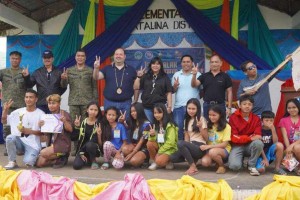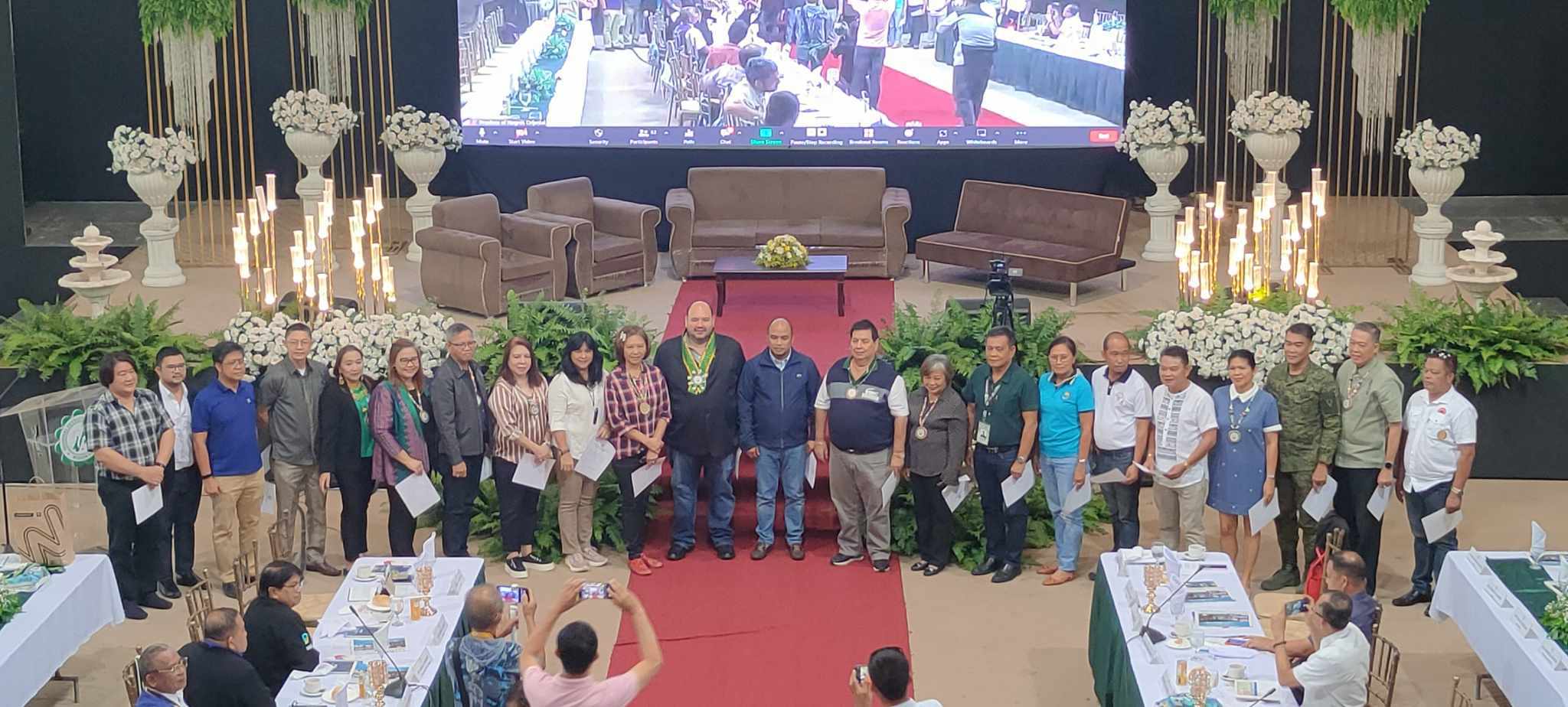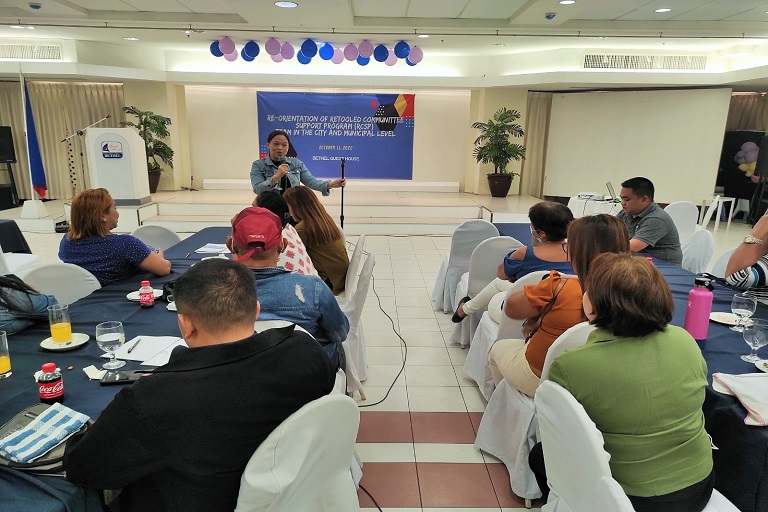DUMAGUETE CITY, Negros Oriental (PIA) -- A composite team from the Negros Oriental provincial government and the Tamlang United Farmers’ Association (TAUFA) in Tamlang Valley turned over various livelihood supplies, including rice packs, to the 120-member farmers' group.
Negros Oriental Gov. Manuel “Chaco” Sagarbarria led the distribution of hundreds of kilos of rice, seedlings, and livelihood supplies at Tamlang Elementary School.
Among the livelihood supplies that were turned over to the farmers’ group are cooking materials, ingredients, hygiene kits, and corn and vegetable seedlings.
The turnover is part of the provincial government’s initiative under the Provincial Task Force to End Local Communist Armed Conflict (PTF-ELCAC).
The turnover coincided with the conduct of livelihood skills training and the graduation of the participants of the 1st Youth Leadership Summit Talalak 2023 in the area.
The farmers' skills training included banana glazing and catsup making, conducted by the Provincial Commission on Women (PCW) and the GAD Resource and Coordinating Center.
In his message, Sagarbarria assured the residents of P1.2 billion funding from the national government, which has already been allocated for road development projects and the possible creation of the Tamlang municipality.
The governor added that he will work for the valley's conversion from forest to agricultural so that residents can have their occupied properties titled.
Tamlang Valley is a forestal area in southern Negros Oriental, situated along the valleys of Sta. Catalina, Siaton, Pamplona, Valencia, and Sibulan towns spanning 25,000 hectares of land.
It was once known as “no man’s land” in the late 1980s and early 1990s at the height of the Communist Party of the Philippines-New People’s Army insurgency.
The Regional Development Council 7 (RDC7) has earlier approved the P1.46 billion proposal to make Tamlang Valley an agricultural hub in the Central Visayas region.
Dubbed the "Tamlang Valley Sustainable Agriculture and Resiliency" project, it is seen to boost the Marcos administration’s food security and resilience program.
It is envisioned to increase agricultural, livestock, and aquaculture production; provide infrastructure facilities; and capacitate farmers and non-communities to become productive project partners. (JCT/PIA7 Negros Oriental)





